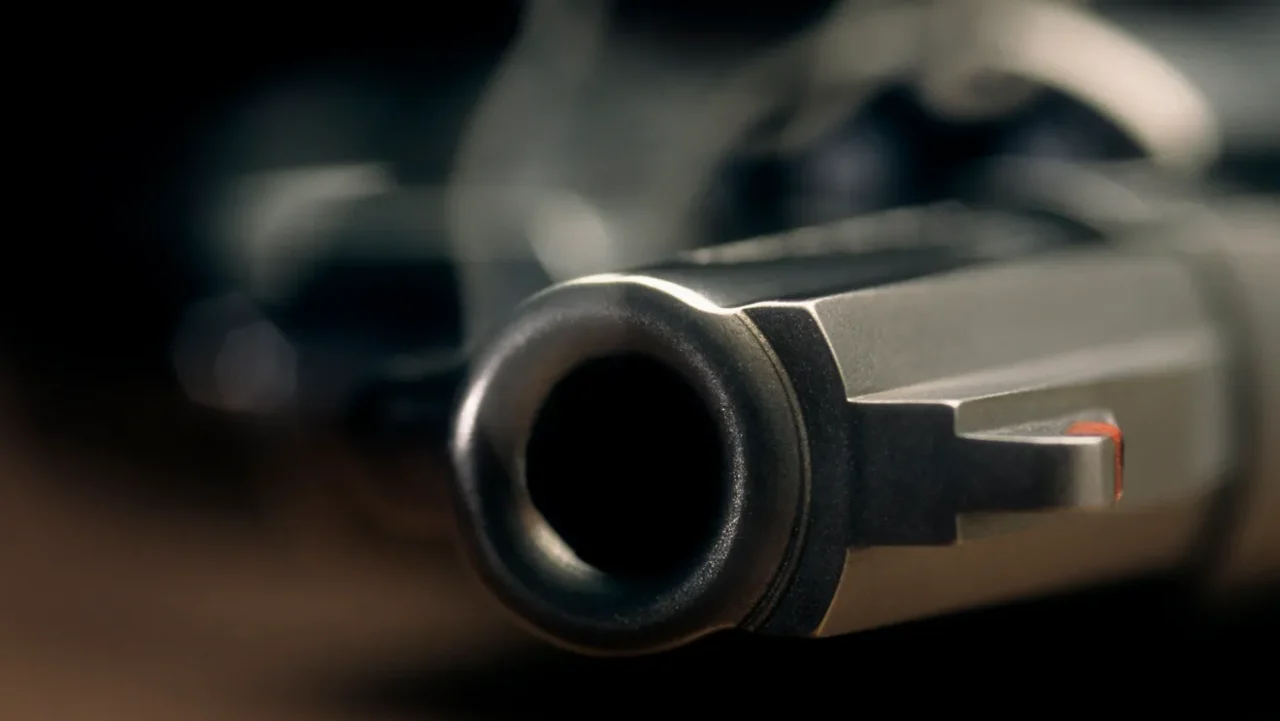Case title – Devendra Pandey and others vs. State Of U.P. Thru. C.B.I. along with connected matters
While convicting 43 Uttar Pradesh police officers under Section 304 Part I of the Indian Penal Code in connection with the 1991 Pilibhit Encounter case, the Allahabad High Court today sternly stated that police officers cannot kill an accused simply because he or she is a feared criminal.
FACTS
The Court was essentially dealing with the appeals filed by 43 appellants/cops challenging the order issued in April 2016 by Special Judge, C.B.I./Additional District Judge, Lucknow convicting them under Sections 120-B, 302, 364, 365, 218, 117 IPC.
The trial court found in its judgment that the appellants committed a criminal conspiracy by abducting ten Sikh youths, killing them in a fictitious encounter, and then preparing a number of documents to make the killings of these Sikh youths seem like encounters.
On the basis of confidential police reports, the police officials/appellants (then 47 people) in this case intercepted a bus carrying pilgrims and passengers on July 12-13, 1991, believing that the bus contained some hard-core terrorists from the “Khalistan Liberation Front.” Following that, they transported ten to eleven young Sikhs to the police bus, where they were killed by these officers/appellants in three distinct locations.
They argued in front of the High Court that they killed ten terrorists in self-defence because they challenged the terrorists when they saw them emerge from the forest and then opened fire in retaliation and self-defence, resulting in the deaths of ten terrorists.
OBSERVATIONS
However, the Court stated that their theory did not match the medical evidence, so it rejected their claim. In addition, the Court rejected the argument made by the counsel for the appellants that the police officers killed other people in the encounter because they were friends of the four dead (alleged terrorists). The Court emphasized that the appellants’ actions could not be justified by killing innocent people because some terrorists thought they were also terrorists.
In any case, the Court saw that the arraignment neglected to lay out the way that the appellants perpetrated criminal connivance in the hijacking, kidnapping, and murder of ten Sikh young people. As a result, the Court overturned their convictions under Sections 302/120-B, 364/120-B, 365/120-B, 218/120-B, and 117/120-B of the Indian Penal Code and found them guilty under Section 304 Part I.
The Court overturned the conviction primarily because it determined that the appellants had no ill will toward the deceased and that their goal was to advance public justice. The Court did, however, add that they did something that they, in good faith, believed to be legal and necessary for the proper performance of their duty (benefit under Exception 3 to Section 300 of the IPC provided), which resulted in the death of the deceased.
“PRIME LEGAL is a full-service law firm that has won a National Award and has more than 20 years of experience in an array of sectors and practice areas. Prime legal fall into a category of best law firm, best lawyer, best family lawyer, best divorce lawyer, best divorce law firm, best criminal lawyer, best criminal law firm, best consumer lawyer, best civil lawyer.”
JUDGEMENT REVIEWED BY AJAY ADITHIYAA.


